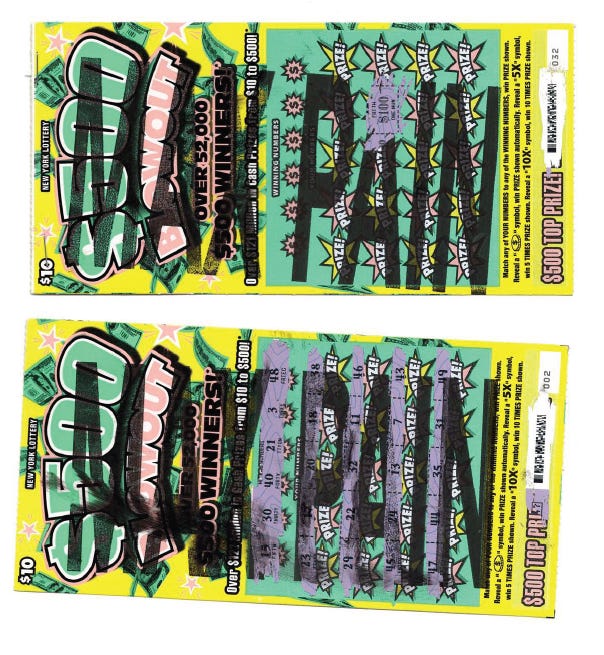This year, with its halting emergence into something approaching pre-pandemic normalcy, its emotional and political violence, and its manifold professional and personal demands, produced a thin harvest for a personal best-of list. I read a lot this year, but seemed to keep bumping up against a kind of enervated irritability, an inability to concentrate on or engage in anything outside a narrow band of familiar topical and aesthetic predilections. Nonetheless, a few things did stick.
Strangers to Ourselves: Unsettled Minds and the Stories That Make Us, by Rachel Aviv. This hybrid examination of mental illness — six case studies interspersed with historical and literary framing — ranks as superior nonfiction writing; illuminating, aching, erudite. The ending, such as it is, was surprising. The author, like this reader, has suffered from depression for much of her life, and I could feel a sense of bristly defensiveness rising within me when she began to describe her adoption of SSRIs. To my surprise and relief Aviv concludes with a muted endorsement of the psychopharmological approach.
Peter Grimes, by Benjamin Britten, Metropolitan Opera. I have always had a vague sense of Britten as being a sort of politely normie middlebrow composer, but this staggering opera completely demolished this opinion. Grimes is a fierce and unsettling opera that asks hard questions about morality and community. The music is dense, swirling with menace, and relentless — high modernism at its most bracing and astringent.
Jasper Johns at the Whitney. I wrote elsewhere at length about this towering show, in an appreciation that felt like both a summation and a goodbye — a farewell to a certain kind of art, and a certain way of thinking about art.
“Max Pain,” by Nemesis. I am not always able to record specifically the provenance of things I read, as they tend to be the products of an alluvial sort of random accumulation. I have no idea where I came across “Max Pain / Clown Town,” a fanzine-like graphic manifesto from a collective calling themselves Nemesis. The document seems like a perfect encapsulation of 2022, mixing as it does cultural theory, apocalyptic nihilism, smeary street-style art, and social media catch-phrases; a hyperactive manifesto for our times.
Three books by smart women: Girls They Write Songs About, Body Work, I Fear My Pain Will Interest You. Carlene Bauer’s novel is a sharp and heartfelt meditation on Gen X women in the city, Melissa Febos’s book a fierce feminist polemic, and Stephanie La Cava’s novel a cunning postmodernist jeu d’esprit. I also had the privilege of working with Dan Akst on his book War By Other Means: The Pacifists of the Greatest Generation Who Revolutionized Resistance, which we published on December 6 — a good old-fashioned bit of cultural and political history.
The Mets’ sudden evaporation in the first round of the playoffs was hard to watch; other fans and I agreed that the air seemed to go out of the team at exactly the wrong moment. [This has since been countered by a mind-bendingly lavish spending spree from owner Steve Cohen, which is no guarantee, really, of anything; cf. the Yankees ca. 1982–92.] My first acquisition at Melville House went to the printer in December. The Hours and Hamlet, two new operas that premiered at the Met, registered as noteworthy but flawed. I am on Mastodon (@MikeLindgren@mas.to) and Post (@mikelindgren). I wrote seven poems this year. No one born after 1970 will ever understand how sexy Kirstie Alley was on Cheers. I don’t wanna follow you on the ’gram, I don’t wanna listen to your band.




